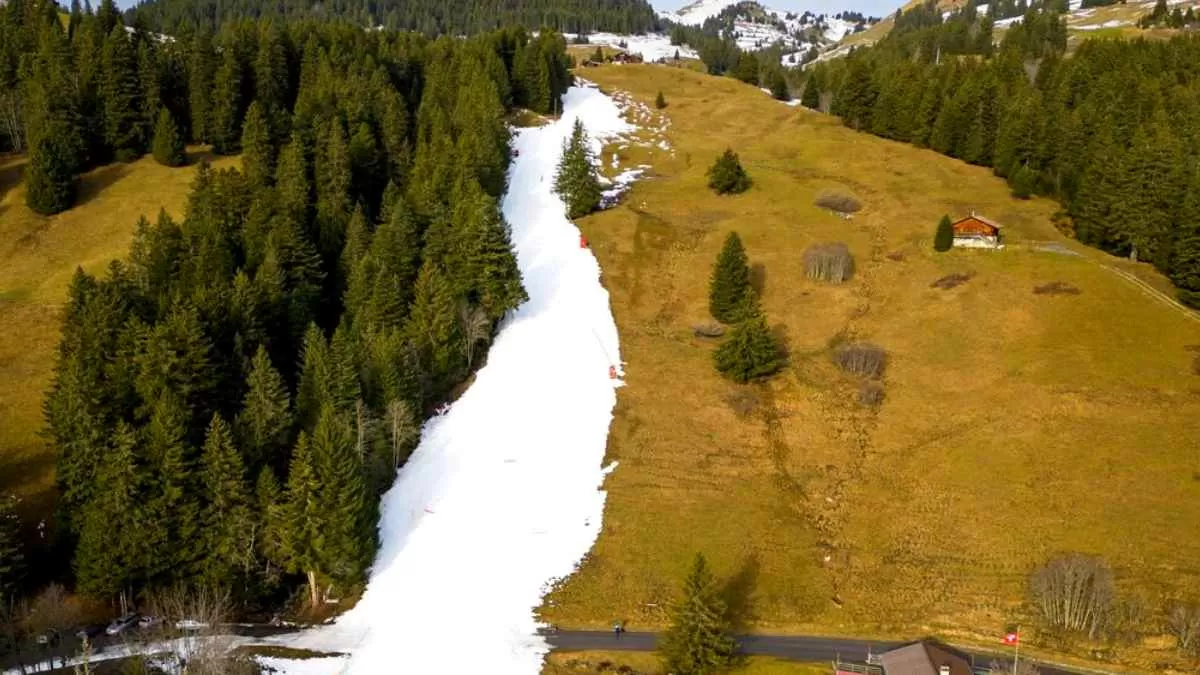The winter of 2024 has brought an astonishing and unsettling heatwave across Europe, obliterating several national temperature records during the New Year’s weekend. This extraordinary weather phenomenon has left meteorologists and climatologists in shock, as cities from Warsaw to Bilbao experience temperatures more characteristic of summer than winter.
On January 1, Warsaw, Poland’s capital, sweltered under 18.9°C (66°F), surpassing its previous record by over 5°C. Northern Spain’s Bilbao saw a remarkable 24.9°C, a temperature usually reserved for July. Switzerland also recorded an unseasonably high 20°C.
These figures are not merely anomalous; they represent national records set across at least seven European countries, including the Netherlands, Denmark, and Lithuania.
The impact on winter sports has been immediate. Ski resorts in the northern Alps and French Pyrenees, which had only recently opened for the season, were forced to close due to a lack of snow. This dramatic shift underscores the broader consequences of the heatwave, affecting both recreational activities and the environment.

Climatologists are alarmed by the scale of this heatwave. Maximiliano Herrera, a leading expert in global weather extremes, described it as “the most extreme event ever seen in European climatology,” highlighting the unprecedented nature of these temperatures. Scottish meteorologist Scott Duncan also noted the record-breaking warmth, stating that the conditions were “hard to comprehend” and “truly unprecedented.”
This winter heatwave follows Europe’s hottest summer on record, revealing a disturbing trend of escalating temperatures. The Copernicus Climate Change Service reported that August and the June-August period of 2022 were the hottest on record, exacerbating fears about food and energy security amid ongoing geopolitical tensions.
As the world faces these extreme climate events, the urgency for immediate action on climate change grows. The U.N.’s Intergovernmental Panel on Climate Change has emphasized that limiting global warming to 1.5°C requires rapid and substantial reductions in greenhouse gas emissions.
Without decisive action, the frequency and severity of such extreme weather events are likely to increase, further challenging the resilience of our societies and ecosystems.

